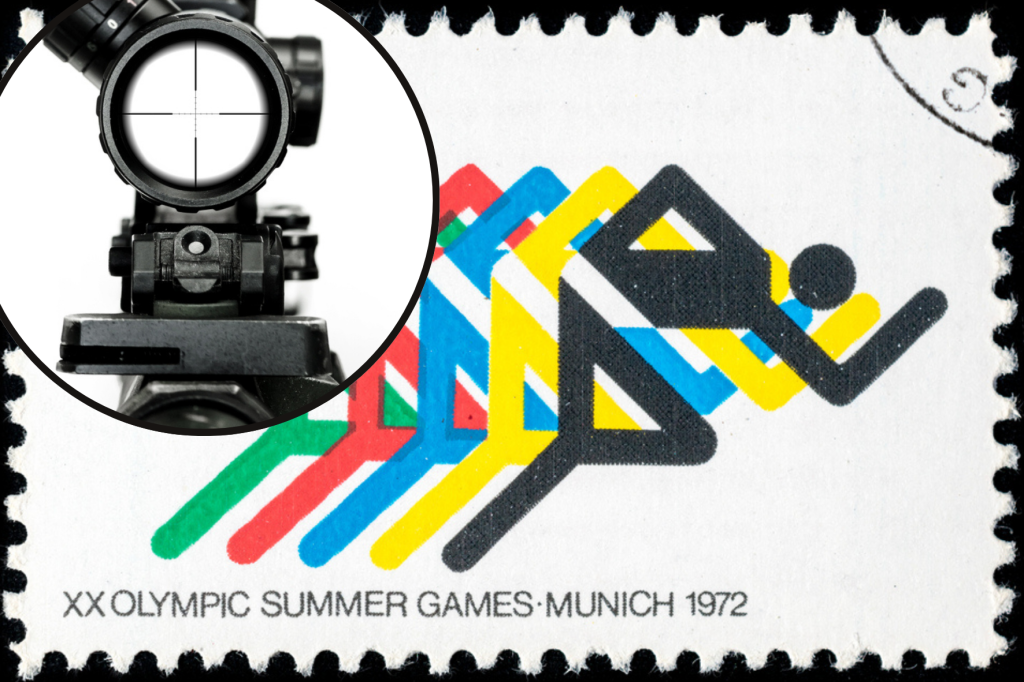It Started with a Terrorist Attack.
Others are reading now
Started with Terrorist Attack
The 1972 Munich Olympics, marred by a tragic terrorist attack, played an unexpected role in advancing sniper technology.
The attack, carried out by the Palestinian group Black September, resulted in the deaths of 11 Israeli athletes. The crisis exposed serious deficiencies in the German police’s ability to respond effectively, particularly due to their lack of specialized sniper rifles, according to Tech.
During the hostage situation, German police were forced to use standard HK G3 rifles without scopes, which proved inadequate for the high-stress environment. In response, the German government realized the need for a specialized sniper rifle and established the elite GSG9 counter-terrorism unit.
Heckler & Koch, a leading German firearms manufacturer, was tasked with creating a sniper rifle that could meet the rigorous demands of the new unit. The result was the HK PSG1 (Präzisionsscharfschützengewehr 1), a groundbreaking weapon that set new standards in sniper rifle design.
Also read
Innovative Design, but Heavy
The PSG1 was based on the G3 rifle but incorporated significant enhancements, including a thick, heat-resistant barrel with a polygonal rifling, a stiffened receiver, and advanced recoil mitigation features. It was designed for extreme accuracy, with each rifle undergoing stringent testing to ensure precision at 300 meters.
Despite its innovative design, the PSG1 was not without its drawbacks. It was a heavy rifle, weighing around eight kilograms, but this weight contributed to its stability and accuracy. The PSG1’s distinctive features included an adjustable stock and a specially designed trigger mechanism that allowed for a lighter and more precise shooting experience.
Even after nearly 50 years, the PSG1 remains an impressive piece of technology, capable of delivering three accurate shots in four seconds at a 300-meter target. While its fixed scope has been updated in newer models, the PSG1’s legacy as a pioneering sniper rifle endures, reflecting the lasting impact of the 1972 Munich Olympics on firearms development.


